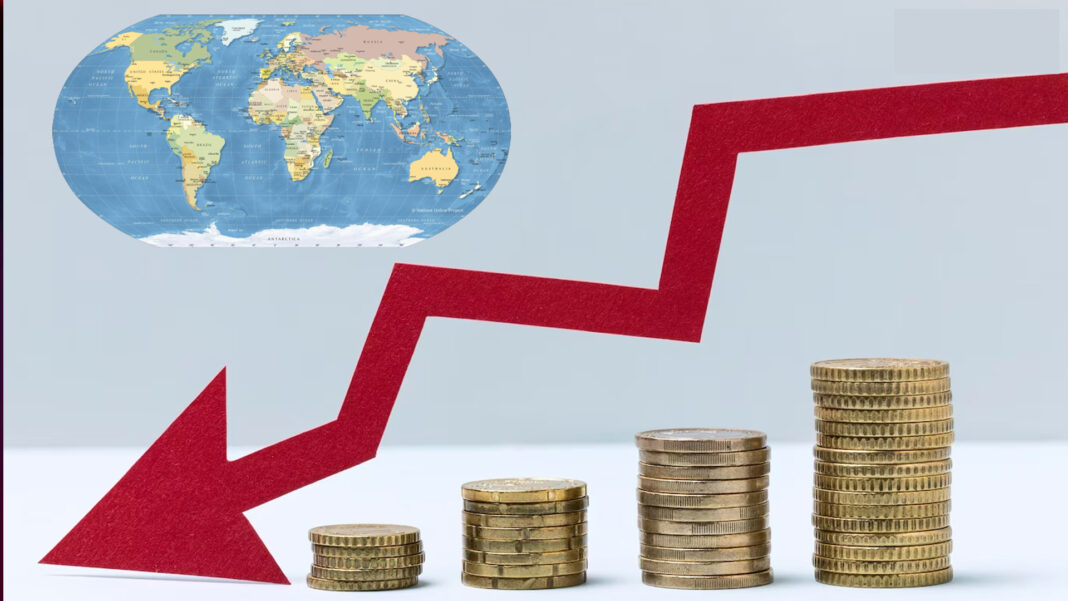- There can be many reasons for default, some of which include poor fiscal policies and political instability
- Consequences of defaults are always severe, ranging from political turmoil to economic breakdown
Although defaults are not very common, but there have been several instances when companies have defaulted. These defaults have serious implications on the company’s economy. We will try to understand why a country defaults and the circumstances that lead a company to default. Let’s start by understanding what a default is.
What is a Country Default?
A situation in which a county is unable or unwilling to pay its debt is termed as a default. It occurs when the country has taken too much loan from other countries or states and in this situation, the country is forced to seek assistance from the International Monetary Fund (IMF). Countries have to follow some suggestions from the IMF to get the economy back on track if the country agrees to IMF’s conditions. The country becomes eligible for an IMF bailout.
Factors Responsible for a Country’s Default
The reasons for a country’s default can be both economical as well as political, and sometimes, both factors come together, leading a country to default. Let’s understand in detail what these factors are:
- Bad Fiscal Policies
Fiscal policies form the foundation of financial system of a government. These policies should be smartly made by intellectuals and economists. Any unwanted political interference by corrupt leaders in fiscal policies can lead to significant losses for the government. Insufficient funds, a stagnated economy and debt crises are all consequences of bad fiscal policies.
- Political Instability
This is a major factor leading to default. It is often observed that the opposition has different policies than the ruling party. When the government of the country changes frequently, any party unable to achieve long-term economic goals. This is because the party in opposition does not follow the policies set by the ruling party. These conditions can lead to default as fiscal policies may not be implemented properly.
- Loss of Investor Confidence
It can happen that investors lose confidence ininvesting in a country, resulting in massive outflow of funds from that country. This can make it difficult for the country to fulfill its financial obligations.
Now that we have discussed three factors that can lead a country to default, Let’s explore the consequences of a default.
The Consequences of a Default
If any country defaults, then it has serious consequences, some of whichare listed below:
- Loss of Investor Confidence and Economic Instability
This is the most common consequence of a default. As soon as a country defaults, investors anticipate that they willnot get high return on investment, leading them to withdraw their funds from the country. The massive outflow of funds raises the chances of an economic collapse.
- Decline in Credit Rating
Default clearly means that the country will not be able to pay itsloans, Leading to a degradation of the country’s credit rating. As the credit ranking degrades, it becomes more and more difficult for the country to obtainloans, and even if they do, they get them athigh interest rates, due to the increased risk for the creditor.
- Social Unrest
The country has to face many consequences when it defaults. The citizens have to bear all these problems, such as growing inflation and higher interest rates on credit, which can lead to mass protests in the country. This can even result in political turmoil.




